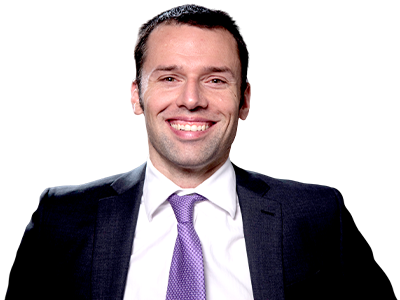Hosted By

Chief Executive Officer Cheeky Scientist

Join Isaiah as he covers network etiquette for PhDs and breaks down the simplest scripts that make it easy to reconnect with dormant connections.
Here’s a quick rundown of this week’s episode…
- First, Isaiah points out that most PhDs know what a professional network is, but the details of how to maintain one are hazy
- Next, Isaiah breaks downs three reasons PhDs may want to keep in touch with a connection
- Finally, Isaiah shares several simple networking scripts that make it easy to reactivate your connections on LinkedIn
From This Week’s Show…
There’s A Right Way And A Wrong Way To Network
Most PhDs recognize the important role networking plays in their industry job search. But what many fail to understand is that there’s a right way and a wrong way to network.
And sadly, the wrong way is what we’re taught in academia. I’m not saying that academic tactics don’t work – I’m just saying they don’t work in industry.
For one, academia teaches us that to get hired you must impress employers with your experience and accomplishments. And sure, having the right skills is certainly important. The problem is that this approach focuses on the wrong person.
To get people to connect with you and to willingly have a conversation with you, you must establish and continue to foster a professional relationship with them.
If You Haven’t Kept Conversations Alive Online, Awaken Them – Slowly
Now, what if there’s someone in your network you want to reach out to, but it’s been forever since you’ve spoken? I’ll give you a script you can use to reawaken that connection.
Say you met someone at an in-person networking event. How would you continue that conversation online weeks later, or even months later?
Simply start by being personable. You never want to greet them formally. Abandon the Dear so-and-so and the formal titles. You want them to see you as a colleague, not as an inferior. And you definitely don’t want them to see you as a student.
In the first sentence, thank them for their time. If you connected on a particular topic, mention it in the first part of your message. This will trigger their memory – it will also spark their interest.
For example, you could say “Thank you for taking the time to speak with me during the event last week (or month). I really enjoyed hearing about XYZ. Your thoughts on ABC were also very thought-provoking and I would love to discuss them further with you.”
Connecting with them on a personal level keeps the rapport going and provides you with an opportunity to ask about meeting in the future.
An Active Network Leads To More Opportunity, But It Takes Work To Build
Bottom line is, you should always be working towards an informational interview. It’s the only way to learn about their company, their job, and ultimately, get a referral.
To get there, elevate their credibility. The best way to elevate someone’s credibility is to ask for their advice. For example, you could say “I’m interested in learning more about your experience in position A and value your advice. Would you be available for a brief chat to talk about your experience?”
See how I casually asked if they had time for a low-pressure meetup or phone call? You can also offer a few specific dates and timeframes to make the choice even easier. In the end, you want to make saying “yes” as easy as possible.
…
This takes us to the end of today’s Transition Report. As always, remember your value as a PhD and start thinking and acting like a successful industry professional.
** for the full podcast, check out the audio player above.
If you’re ready to start your transition into industry, you can apply to book a free Transition Call with our founder Isaiah Hankel, PhD or one of our Transition Specialists. Apply to book a Transition Call here.










